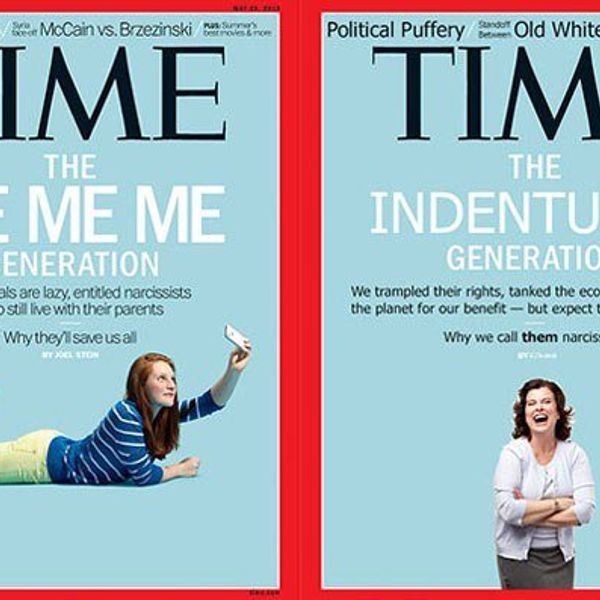“Holy [ ]!” “What the [ ]?!?” “He is such a [ ] loser!” Regardless of your political, moral, religious, and social set of beliefs, there is a high probability you have uttered these or similar phrases. I would label these phrases as "swear word phrases." It is a sad but real truth that people use these "swear word phrases" in their everyday lives, whether at home, school, the workplace, and even in the church.
In the cultural explosion of TV, movies, and other related forms of entertainment, swearing is inevitable. Humanity gets inundated with the false idea that swearing is an acceptable means of communication. Many also become influenced with the concept that swearing can help them cope with their emotional problems. However, they fail to realize that swearing can only bring a temporary relief, if any at all, in their times of sadness and anger. In the long run, swearing is a very harmful activity, as all it does is blossom seeds of anger, regret, and dark thoughts. In light of this, why do people persist in swearing? Coming from the perspective of a person who used to frequently swear with every curse word (mostly English and/with some Korean) ranging from A to Z, I am going to use my credibility to explain the reasons for this behavior.
Firstly, people often engage in profanity because they think it is cool. Due to the brainwashing power of Hollywood and its works, individuals are increasingly becoming fooled into thinking that if they want to be hip, represent themselves as high class members of society, or flow with the current cultural trend, they need to drop F-bombs in every sentence. To them, verbally abusing their friends, complete strangers, and even themselves is morally acceptable, as long as they can make their goal of socially transitioning from the "dweebs" to the "big dogs on campus" a reality. The desire to be the "cool peeps" will overshadow the worry that the targets of their swearing will be offended.
Secondly, individuals apply profanity to their everyday vernacular because they think it can shield them from external, emotional problems. In other words, fans of profanity treat swear words as some sort of a force field or Patronus Charm, which give them long-lasting relief. That is not the case. It is undeniable that one immediately feels a sense of relief when he or she swears after undergoing some type of emotional strife. That immediate sensation of swearing is so refreshing and stress-free. Yet after several minutes, the emptiness will start to creep in, since the problem that caused the emotional outbursts will still exist. Operating in life under the impression that swearing on a daily basis will eliminate all emotional darkness is like trying to attack a Blue Eyes White Dragon with only a Kuriboh; it is pointless, painful, and foolish.
I get the appeal of swearing. Many times during my first three years of college, I frequently swore without concerning the aftermath. Oftentimes, I did not think about the effects of cursing, as I spent most of my time in a secular college environment, as opposed to a private Christian university. Due to this cultural shock, despite the fact that I was born in a Christian culture, it was extremely easy and quick for me to succumb to the "swear word phrase" culture. Everybody else was doing it without thinking about the repercussions. I thought it was cool and okay to drop F-bombs in every few sentences, or as long as I did not end up harming anybody. It took me a while to grasp that swearing was immoral.
After being ingrained back into a Christian culture in 2012, by God's grace, I have reduced my swearing to a minimum. Through a painful sequence of events, I am convinced now that it is immoral, because Christians have been taught to speak in peace and with pure words, since our bodies are Christ's. Even from a secular, non-religious perspective, swearing is morally negligent, as it tears down, rather than builds relationships.





















